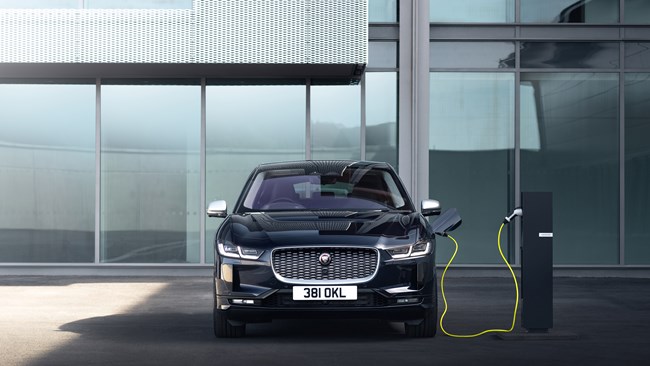We use cookies to ensure that we give you the best experience on our website. If you continue without changing your settings, we will assume that you are happy to receive all cookies on the Business Car website. However, if you would like to, you can change your cookies at any time

The start point for the best source of fleet information |
Jaguar Land Rover develops high-grade aluminium recycling technology
Date: 21 August 2020 | Author: Sean Keywood

Aluminium recycled from drinks cans, bottle tops and old vehicles could be used to build new cars and save 26% on production CO2 emissions, according to Jaguar Land Rover (JLR).
It says in its Reality aluminium project, engineers were able to mix the recycled aluminium with a lower amount of primary aluminium to create a new prototype alloy, comparable to the grade and quality of its existing materials.
According to JLR, while aluminium is one of the most recycled materials in the world and is commonly reused in everyday goods, it is not widely used for high-end applications such as car making.
It says the breakthrough could stop scrap vehicles having to be shipped overseas for aluminium recycling.
The project has been co-funded by Innovate UK, and is in partnership with Brunel University.
JLR lead project manager for Reality Gaelle Guillaume said: "This project has allowed us, for the first time, to recover premium automotive-grade aluminium from scrapped vehicles and re-use its unique properties.
"The potential of this on the production process is a reduction in CO2 impact as well as helping us re-use even more aluminium.
"As we move into an autonomous, connected and electrified future, with the potential of shared fleets being de-commissioned en masse, it could allow Jaguar Land Rover to engineer this closed loop recycling alloy into tight production schedules to further improve efficiency and environmental benefits."











